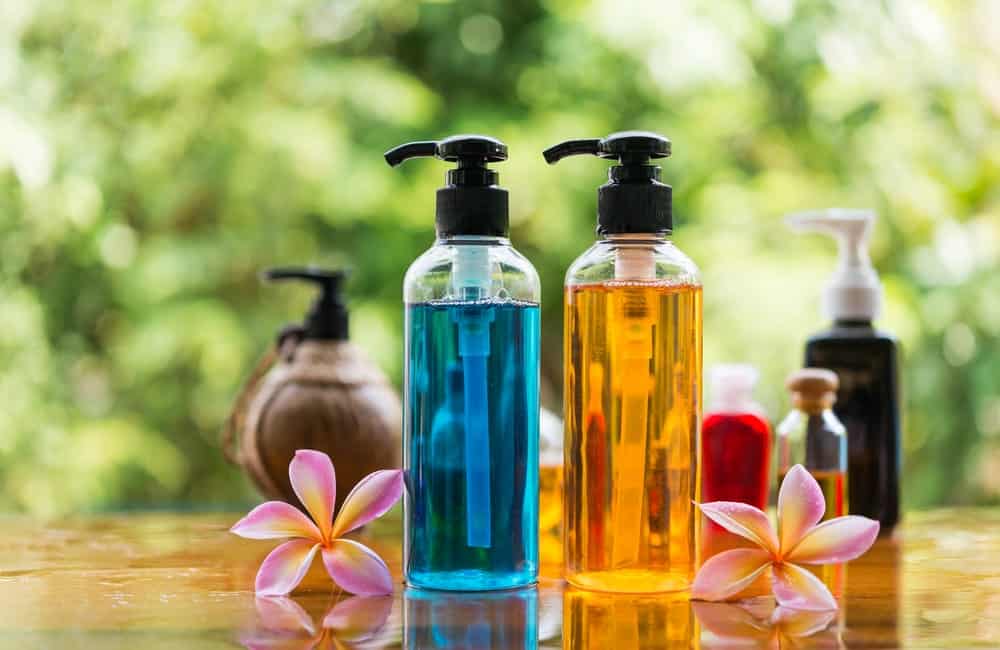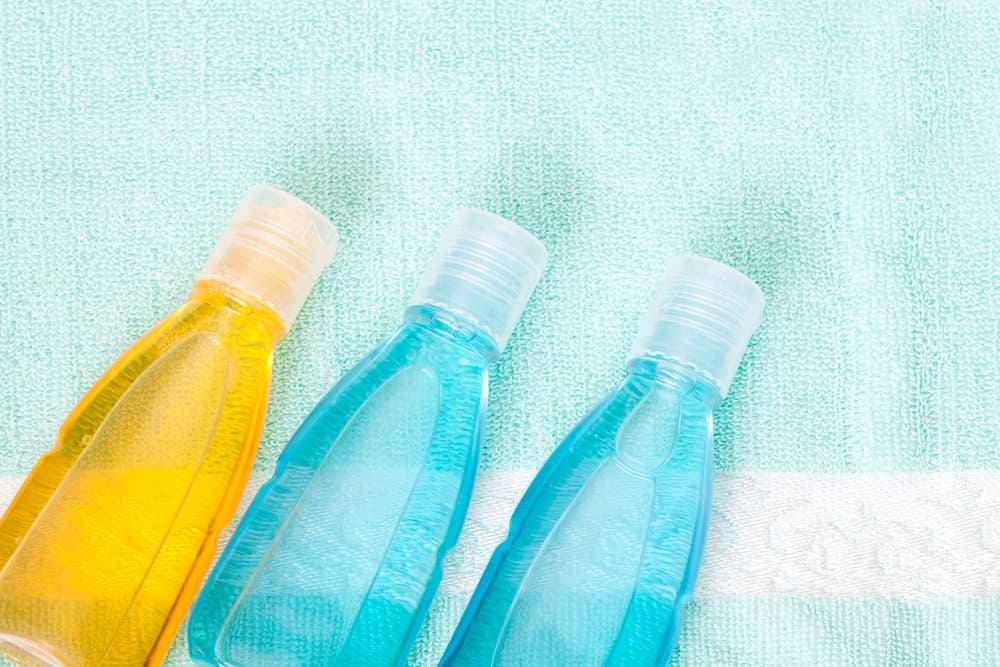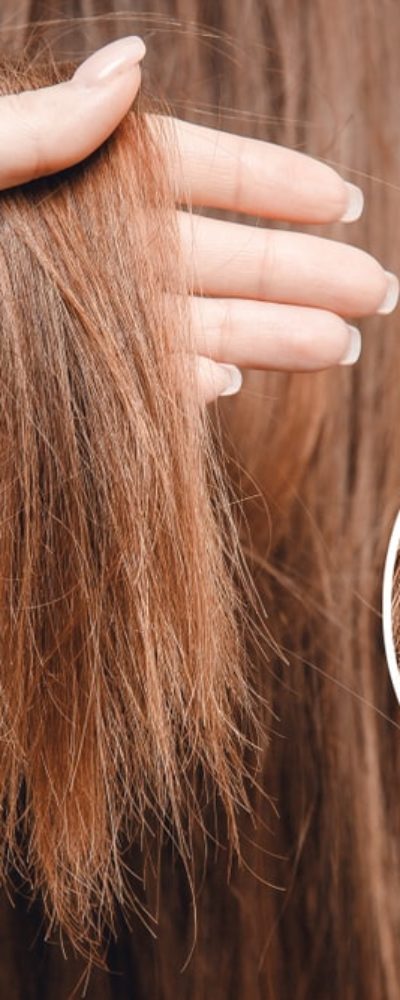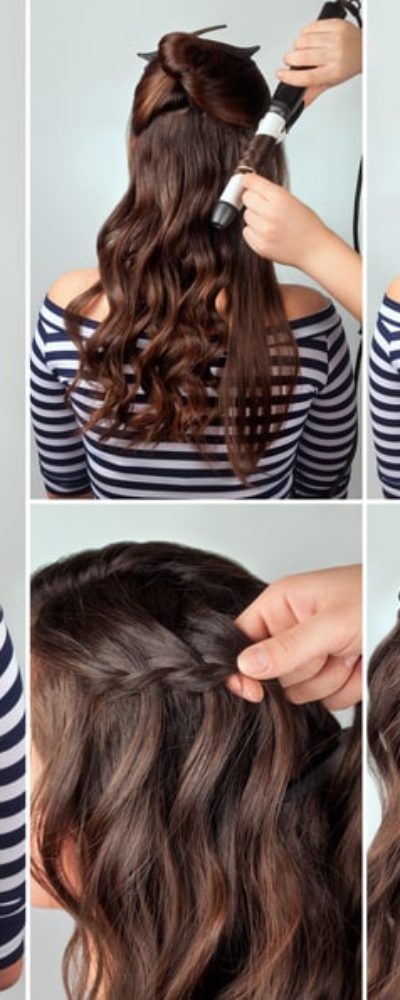Life can be messy sometimes. From the time we are children, it seems as if we are frequently surrounded by spilled food and unintended grass stains. As we grow into adults we can have jobs that require lots of sweat and skin saturating aromas.
The more active among us proceed to collect a variety of smudges from hiking or playing outdoor sports. But even the most sedentary people collect sweat and bacteria from a long day of living.
Perhaps this innate knowledge of the chaos that is life is why so many of us enjoy the feeling of a hot, steamy shower. The heat of the water and sound of the constant artificial rain can feel as if our troubles are washing away with the grime.
For those that prefer baths, nothing beats the experience of soaking in a hot, bubbly tub for as long as the world allows. Perhaps that is why both experiences are used by movies and tv as metaphors for the most intimate of shared human experiences.
Speaking of bubbles, many of us don’t give much thought to the choices of soap, body wash, or shower gel. It is likely that we switch through a variety of options based on the latest sales offering, and then eventually choose a product we like. The reality is though, there are differences between the three. Understanding how they are unique could be the first step to understanding which might be the best choice for you.
The Rinse On Bar Soap
A woman in the shower, soaping using a bar soap.
Perhaps the oldest and boldest of all the human cleaning tools, soap established the bar for clean thousands of years ago. In the modern world, however, it is one of those things we take for granted. How many of us would know how to create soap during a zombie apocalypse?
What is Soap?
In chemical terms, soap is a combination of a salt and a fatty acid. “Soap” can refer to a wide variety of chemical formulas, each with an assortment of different properties. In everyday terms, soap works by separating particles that are stuck to a surface. Once removed, the particles can then be washed away with water. It is worth mentioning that soap does not destroy microorganisms. It simply removes them from the skin.
The earliest mentions of soap in human society date back to ancient Babylon. That would make soap one of the earliest known inventions. Over the millennia, a variety of materials were used in different societies. Babylonians used water, alkali, and cassia oil. Egyptians apparently used animal and vegetable oils with alkaline salts.
Lather Matters
As proven by its long history of use, soap definitely has concrete benefits. In part due to our own natural body oils and sweats, a variety of unwanted substances and organisms can stick to our skin every day. Dirt, dust, and sand in the blowing wind can easily stick to our moist skin. The clothes we wear in modern times can also collect foreign materials and deposit them on our skin. Surprisingly, even if we don’t contact any alien materials, our own dead skin cells and body moisture creates a mess over time.
Soap provides a natural way to pry stuck on substances away from our skin. These substances can then be easily washed away with bath or shower water. Without soap, it would take a skin destroying the amount of scrubbing to achieve the same level of clean. Soap is also great because it can be applied directly to the skin or through some intermediary like a towel. This flexibility makes soap perfect for washing in a variety of situations, such as when no towels are available.
What Else Matters?
One of the great things about soap is the cost. Plain soap is one of the cheapest everyday items available. You can easily get two to three bars of soap for about a dollar. Even the more expensive bars will usually cost less than a dollar per bar.
The environmental impacts of soap are negligible, at least compared to other industrial products. Bar soap is usually packaged individually in some kind of paper wrapping. The natural ingredients in the soap can be absorbed into the environment fairly easily. Of course, any bar soap that adds extra chemicals, such as dyes or fragrances, may have a longer environmental impact.
Identifying The Body Wash and Removing The Smell With Shower Gel
A focused look at these blue and orange colored body wash with two flower petals on both sides.
While often mistaken for liquid versions of soap bars, these products can work similarly. However, there are significant differences between body wash and soap. Body wash and shower gel were placed in the same category because they are the most similar. However, even these two provide slightly different experiences.
History of Body Wash and Shower Gel
Whereas the history of soap can nearly mirror the history of human society, body washes are a relatively modern invention. A “liquid soap” was created in the 1800s. This concept also worked by separating and washing away contaminants. However, the liquid version used artificial ingredients instead of the salt and fatty acid combination. The artificial formula had the benefit of having a reduced drying effect on skin.
The term “body wash” is a modern term for liquid soap. The modern versions include even more ingredients designed to moisturize skin during the cleaning process. Some people enjoy leaving the shower with their skin already moisturized. Other people, however, never feel completely clean without using soap.
Shower gels are designed to be thicker than the typical body wash. They may also contain just enough conditioning agents and a cleaning formula that can be used for hair. Many shower gels are therefore marketed to men as a product that can get the entire body clean.
Lather Matters The Rerinse
As more liquid formulas, both shower gels and body washes are made to be used in conjunction with some items designed to contain the lather. Washcloths and shower poufs are most commonly used. For people who prefer baths, these two options may be a little more difficult to use. Both shower gels and body washes seem easier to use in the shower environment, as they more easily dissolve away under the bathwater line.
As for the benefits of gels and washes, they, of course, can both get the body clean. Both gels and washes can also lather faster and more than typical bars of soap. This may speed up the washing process during shower time.
Since liquids tend to soak into the skin faster than solids, washes and gels may also leave a stronger fragrance in the skin. Finally, since each serving of liquid versions is only used once, they are less likely to harbor microorganisms. A bar of soap used by different people could potentially cause an unintentional sharing of bacteria.
Other Concerns?
Although shower gels and body washes can be more expensive than a bar of soap. They can typically be found in a bottle form with enough material to last up to a month. The cheapest varieties are sold for $2-$3 a bottle, with more expensive versions climbing to nearly $10.
Unlike bars of soap, shower gels and body washes are almost completely artificial in nature. That can mean it may take them longer to break down in nature than natural soaps. Most, unfortunately, the plastic bottle itself is the biggest problem. Many plastics can take centuries to break down in the environment. For this reason, some environmental groups encourage the use of soaps wrapped in paper.
One interesting note, certain body washes used to contain micro-beads of plastic. The beads were designed to assist in the removal of dead skin. Unfortunately, the environmental impacts of microplastic can be even worse than the plastic container. Accordingly, many countries already ban the use of any microbeads in consumer beauty products.
Letting It Soak In: Which Is Best For You?
Three bottles of shower gel, on top of a green towel.
Information is great for game show answers. However, why does any of this matter for you? Is there a reason you should check the labels and select your washing assistant more carefully? Here is how you can use the above knowledge to make the best selection for your life.
Best For Your Skin
Because bar soap has a higher ph value, it can leave skin feeling dry. However, people living in humid climates do not have a problem moisturizing their skin. They may prefer the feeling of being completely dry after leaving the shower. People with oily skin may also prefer bar soap for the same reason.
By the same notion, body washes are probably best for people with dry skin or living in dry climates. Because they tend to leave the skin feeling moistened, they can provide that protective layer of moisture that healthy skin needs. During the winter, the cold and dry air can quickly rob the skin of surface moisture. Even if you prefer using soap most of the year, you may need to consider a body wash if you have a problem with dry skin in the winter.
Shower gels are a great choice for people looking for one product to use for the entire body. Since men on average use fewer beauty products than women, this may be ideal for males. Shower gels allow the consumer to wash their face, hair, and body at one time. For people looking for short and simple shower experiences, gels may be the way.
Note, many gels and washes add masculine or feminine fragrances to identify them as being for one gender. While this might be great for identification purposes, it can irritate people with certain allergies.







